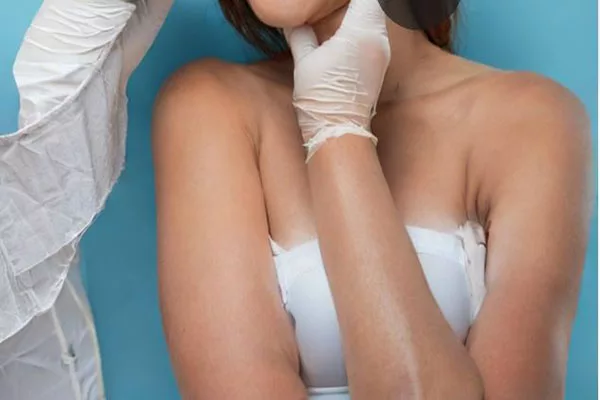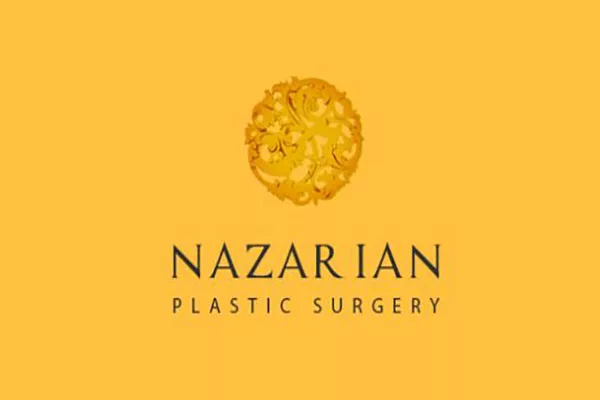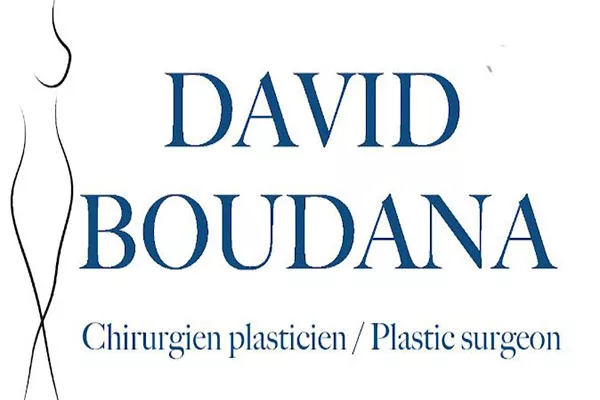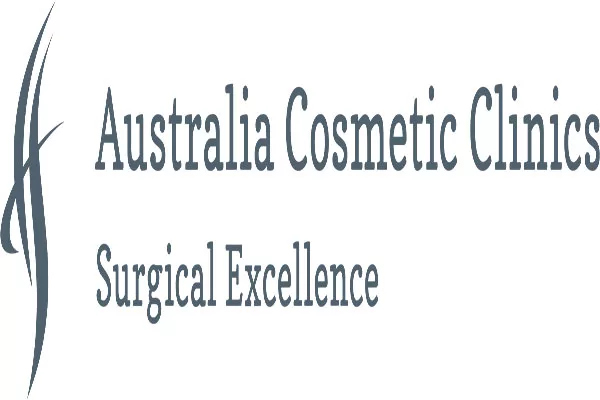Plastic surgery is a popular way for people to enhance their beauty and improve their self-esteem. However, proper postoperative care is important for achieving optimal results. After surgery, your body undergoes a healing process that requires diligent attention and care. One of the most important aspects of plastic surgery recovery is wound care and managing post-op itching. This article provides practical tips and advice on how to care for your wounds and alleviate itching during the recovery process.
Understanding Wound Care after Plastic Surgery
Before you leave the surgery center or hospital, your doctor or nurse will give you instructions on how to care for your wounds. It is important to follow these instructions carefully to promote healing and prevent infection. Here are some general wound care guidelines to keep in mind:
- Keep the incision site clean and dry. Avoid exposing it to water, especially in the first few days after surgery.
- Change the dressings or bandages as instructed by your surgeon or nurse.
- Avoid touching the incision site with your fingers.
- Avoid tight clothing or anything that might rub against the incision site.
- Adhere to all follow-up appointments with your surgeon to monitor your progress and ensure that your wound is healing properly.
Why Does Itching Occur After Plastic Surgery?
Postoperative itching is a common side effect of plastic surgery. It is caused by the natural healing process, which involves the release of histamine and other chemicals in the body. This chemical reaction can cause the skin to feel itchy, dry, and irritated.
Tips for Alleviating Itching After Plastic Surgery
Itching after plastic surgery can be uncomfortable, but there are several things you can do to alleviate it:
- Take prescribed antihistamines or over-the-counter medications following your surgeon’s instructions and recommendations.
- Avoid scratching the incision site to prevent it from getting infected.
- Apply a cold compress to the affected area to alleviate itching and swelling.
- Apply a doctor-approved moisturizer specifically designed for surgical wounds.
- Wear loose-fitting clothes made from soft, breathable materials to avoid irritation and rubbing against the incision site.
Foods That Can Promote Healing and Reduce Itching
What you eat can have an impact on your recovery after surgery. Consuming nutrient-rich foods can help your body heal and promote healthy skin.
Here are some foods that may help reduce itching and promote healing:
- Lean protein, such as chicken, fish, and tofu, which can help rebuild and repair tissues
- Vitamin-rich fruits, such as berries, oranges, and kiwis, which contain antioxidants that can reduce inflammation and promote healing
- Vegetables, such as leafy greens, carrots, and sweet potatoes, which are packed with vitamins and minerals that support your immune system
- Omega-3 fatty acids found in fatty fish, flaxseed, and chia seeds, which can reduce inflammation and promote healthy skin
Activities to Avoid During Recovery
During the recovery process, it’s important to avoid activities that could put stress on the incision site and slow healing.
Here are some activities to avoid:
– Heavy lifting and strenuous exercise
- Swimming or soaking in water
- Sun exposure, which can darken scars and increase the risk of skin damage
- Smoking or using nicotine products, which can slow healing and increase the risk of complications
How to Care for Scars After Plastic Surgery
Scarring is a natural part of the healing process after plastic surgery. While some scarring is inevitable, there are things you can do to minimize it.
Here are some tips for caring for scars after plastic surgery:
- Follow your surgeon’s instructions for caring for your incisions, including keeping them clean and dry
- Apply silicone sheets or gels to the incision site, which can help reduce the appearance of scars
- Massage the area around the incision site, which can help break up scar tissue and improve flexibility
- Avoid sun exposure to the incision site, which can darken scars and make them more noticeable
When to Seek Medical Attention
While plastic surgery is a generally safe procedure, there are risks and complications that can arise during the recovery process. It’s important to know when to seek medical attention if you experience any concerning symptoms.
Here are some signs that you should contact your surgeon:
- Fever above 100.4°F
- Excessive bleeding or drainage from the incision site
- Redness, warmth, or swelling around the incision site
- Difficulty breathing or shortness of breath
Conclusion
Proper postoperative care is crucial for achieving optimal results after plastic surgery. By following the wound care and itching management tips outlined in this article, you can help ensure that your recovery process is smooth and successful.
Remember to stay patient and give your body the time it needs to heal. And don’t hesitate to contact your surgeon if you have any concerns or questions during the recovery process.
Additional Resources
If you want to learn more about plastic surgery recovery and wound care, here are some additional resources:
- American Society of Plastic Surgeons
- MedlinePlus: Wounds and Injuries
- National Institutes of Health: Wound Healing and Care
References:
- American Society of Plastic Surgeons. (n.d.). Postoperative Instruction List for Plastic Surgery Patients. https://www.plasticsurgery.org/documents/Patients%20and%20Families/Postoperative%20Instruction%20List.pdf
- American Society of Plastic Surgeons. (2021, March 17). How to Care for Incisions After Plastic Surgery. https://www.plasticsurgery.org/news/blog/how-to-care-for-incisions-after-plastic-surgery
- MedlinePlus. (2021, April 22). Wounds and Injuries. https://medlineplus.gov/woundsandinjuries.html
- National Institutes of Health. (2020, June 25). Wound Healing and Care. https://www.nia.nih.gov/health/wound-healing-and-care
- Stuzin, J. M., Baker, T. J., & Gordon, H. L. (2011). The Complete Guide to Aesthetic Plastic Surgery. Amato Publications.







